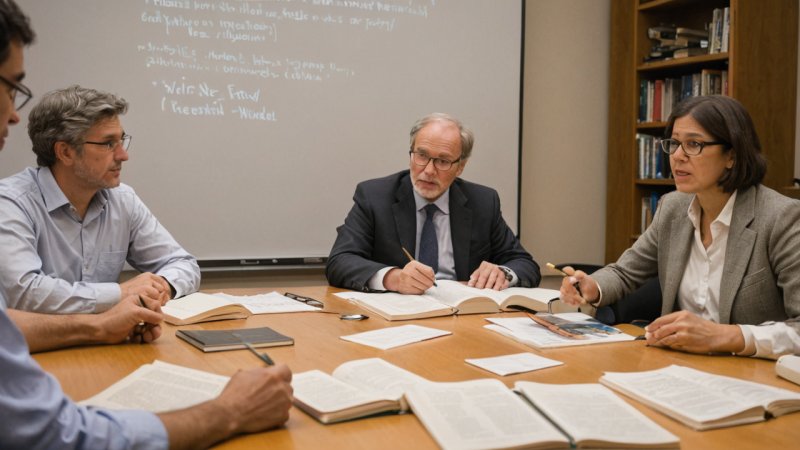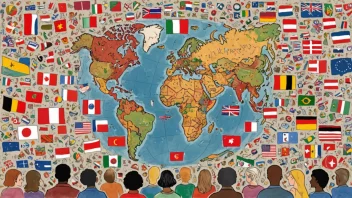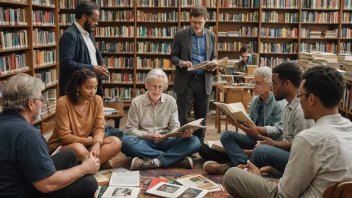In an increasingly interconnected world, global challenges such as climate change, migration, and social inequality demand comprehensive understanding and innovative solutions. While the sciences provide valuable data and technical expertise, the humanities offer profound insights into the human experience, shaping our perceptions, motivations, and responses to these issues. By examining literature, philosophy, history, and the arts, we can grasp the complexities of our shared humanity and the cultural contexts that influence global phenomena.
One way the humanities contribute to our understanding of global challenges is through narrative. Stories—whether in books, films, or oral traditions—allow us to explore the lives of individuals and communities affected by these issues. For instance, literature that addresses themes of displacement and migration can foster empathy and awareness about the struggles faced by refugees. By engaging with these narratives, we can better appreciate the human cost of policies and decisions, pushing us to seek more compassionate solutions.
Moreover, philosophy helps us dissect ethical dilemmas posed by global challenges. It encourages critical thinking about values, rights, and responsibilities. For example, climate change raises profound ethical questions surrounding environmental justice. Who bears the brunt of its consequences? How do we balance the needs of present and future generations? Philosophical discussions regarding these topics can lead to more equitable approaches to policy-making and resource distribution.
History also plays a crucial role in understanding contemporary global issues. By examining past events, societies can identify patterns and consequences of decisions that have led to current challenges. Learning from historical injustices, such as colonialism or systemic racism, informs today’s movements for social justice and equality. These insights remind us that global challenges are often rooted in historical contexts, and addressing them requires acknowledging and reconciling with the past.
Additionally, the arts provide a powerful medium for expressing and reflecting on global issues. Visual art, music, and performance can communicate feelings and ideas in ways that transcend language barriers. For instance, art installations addressing climate change can provoke emotional responses, inspiring action and raising awareness. The humanities champion creativity as a vital tool for advocacy and social change, motivating communities to engage with pressing global challenges.
In the realm of education, integrating the humanities into curricula can cultivate critical thinking, empathy, and cultural awareness. Students exposed to diverse perspectives learn to appreciate complexity and ambiguity in global issues. This holistic understanding fosters a generation of informed citizens who are better equipped to address challenges collaboratively.
In conclusion, the humanities provide essential frameworks for understanding global challenges. They encourage empathy, critical thinking, and creativity, enabling us to navigate the intricacies of our shared human experience. As we confront pressing issues like climate change and social inequality, the insights gained from the humanities will be instrumental in fostering dialogue, inspiring action, and creating a more just and equitable world.
Humanities: Key to Understanding Global Challenges
The humanities offer profound insights into global challenges, shaping our understanding of issues like climate change, migration, and social inequality.






